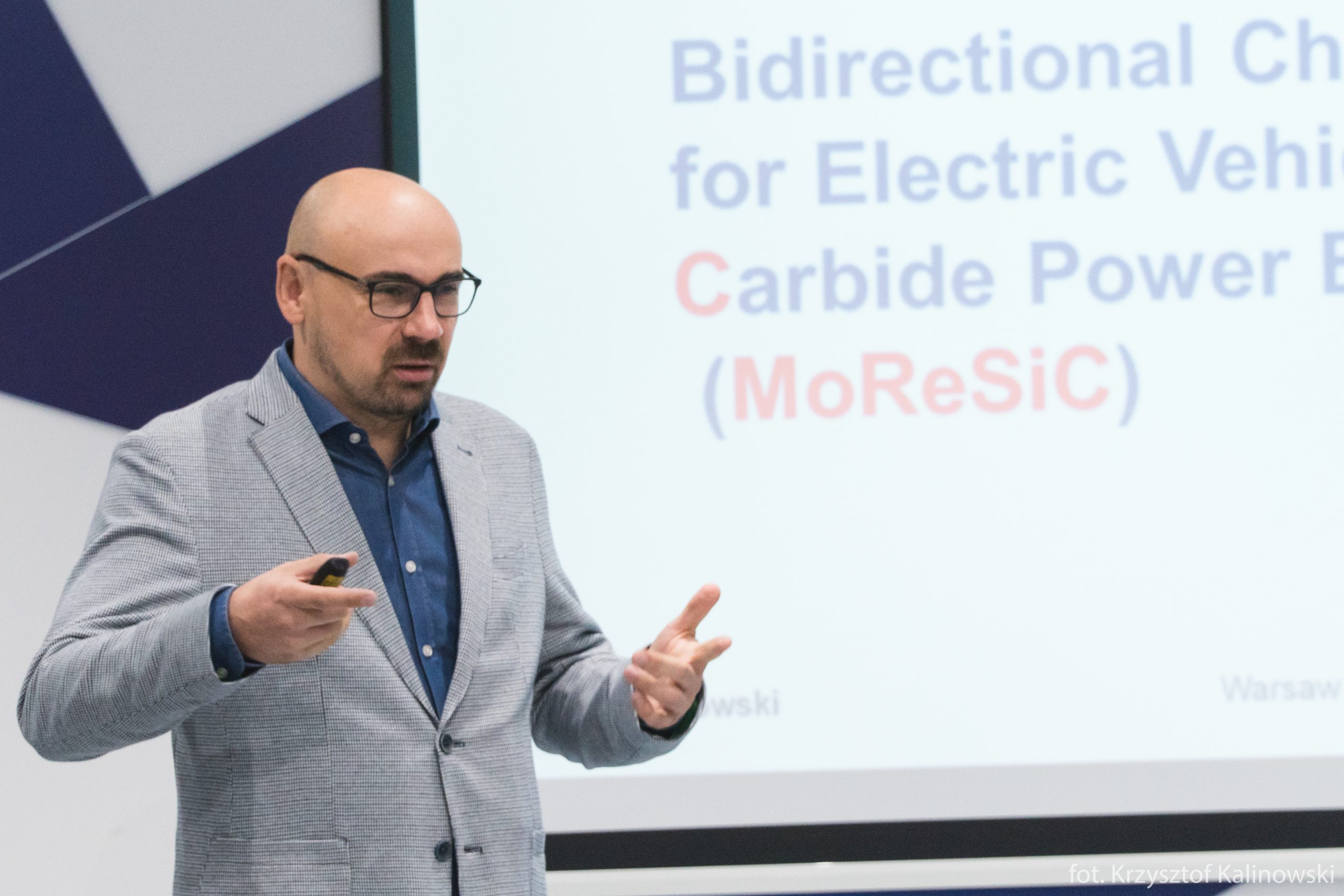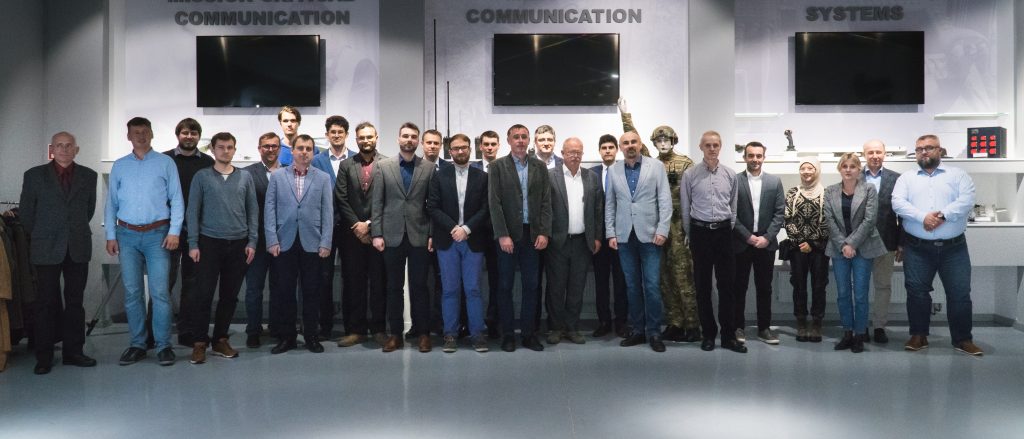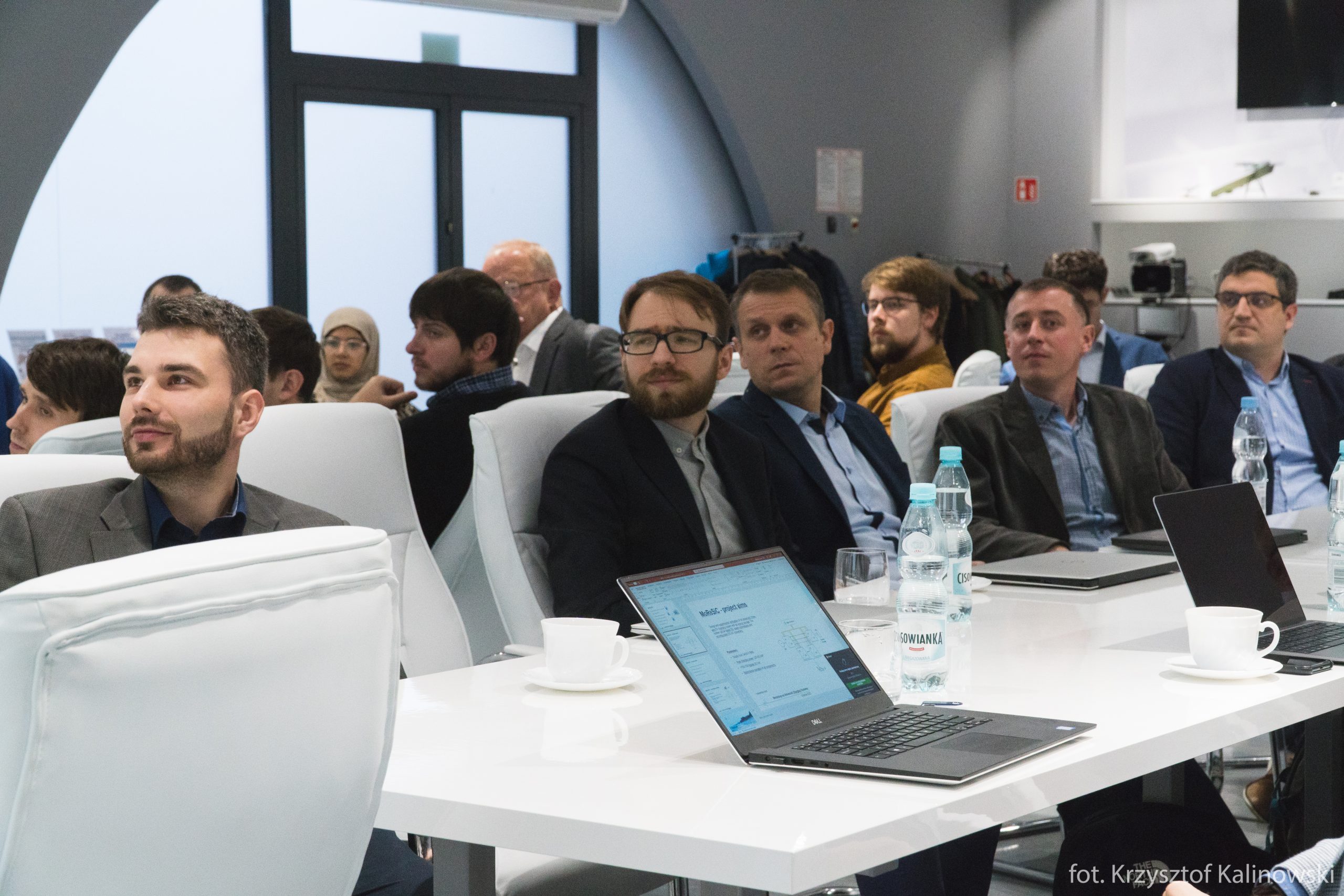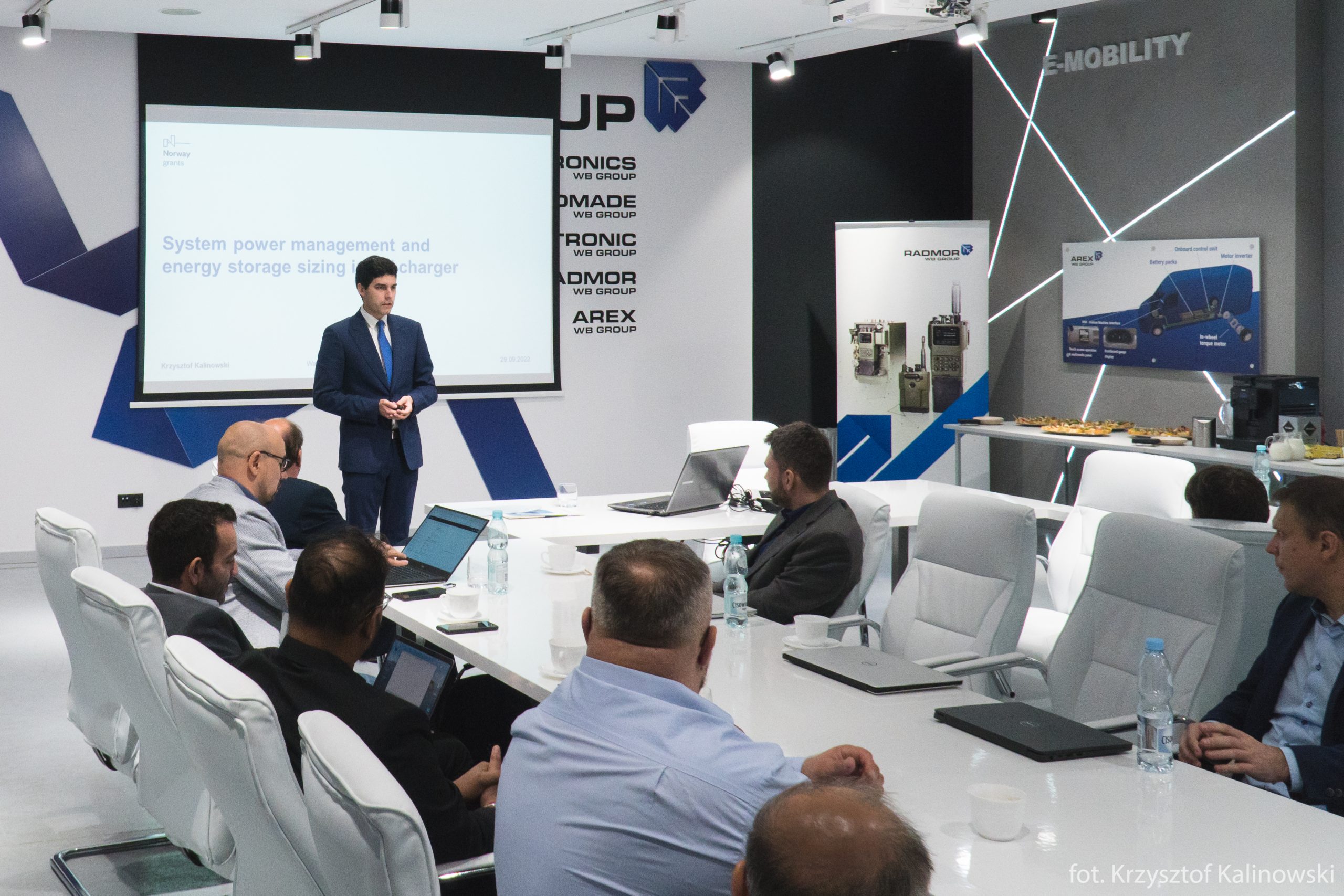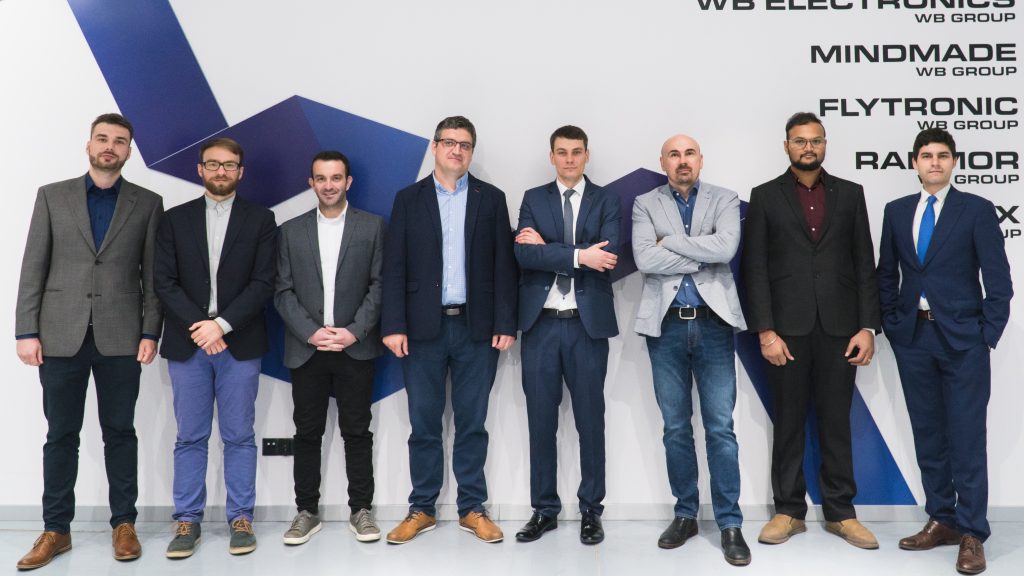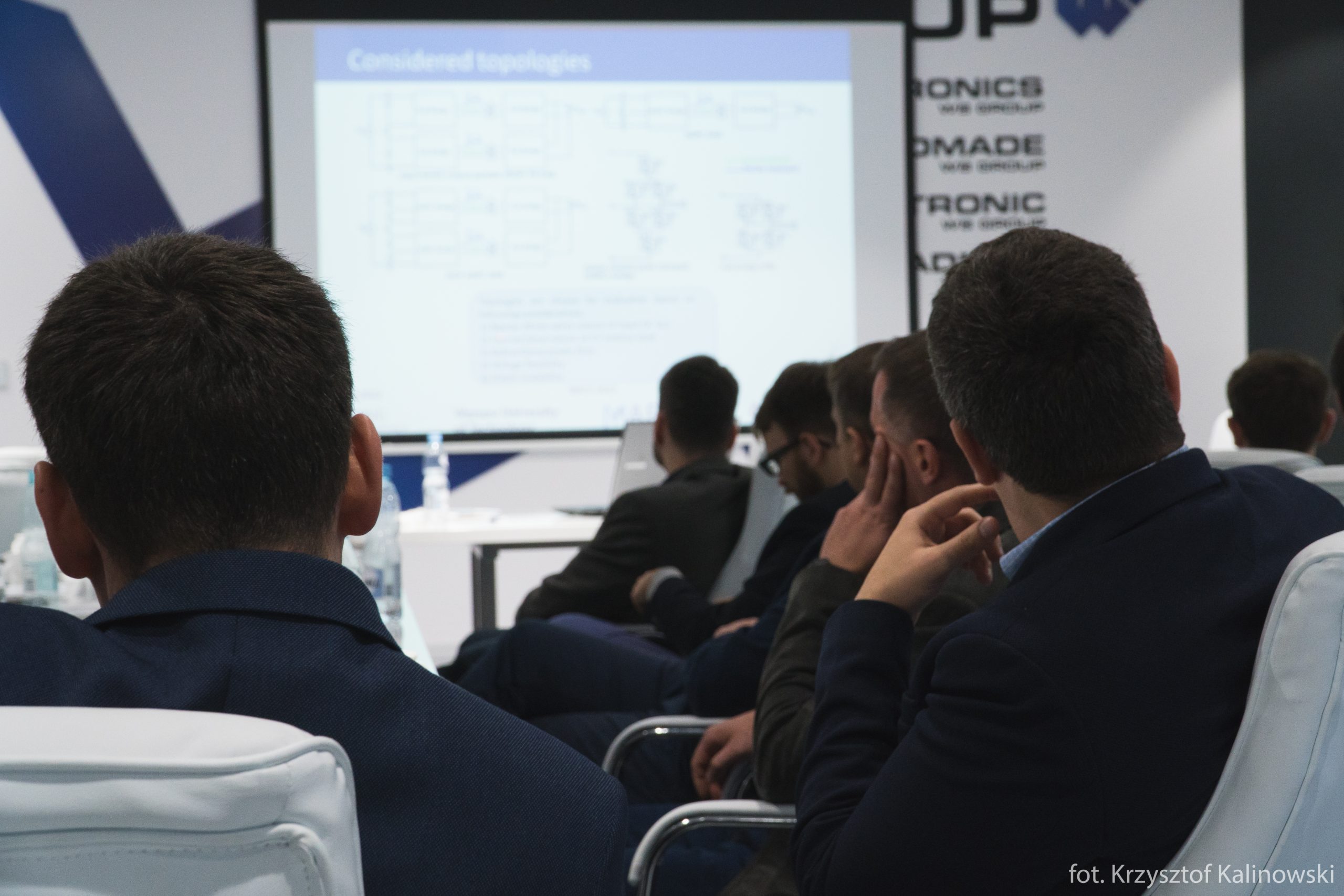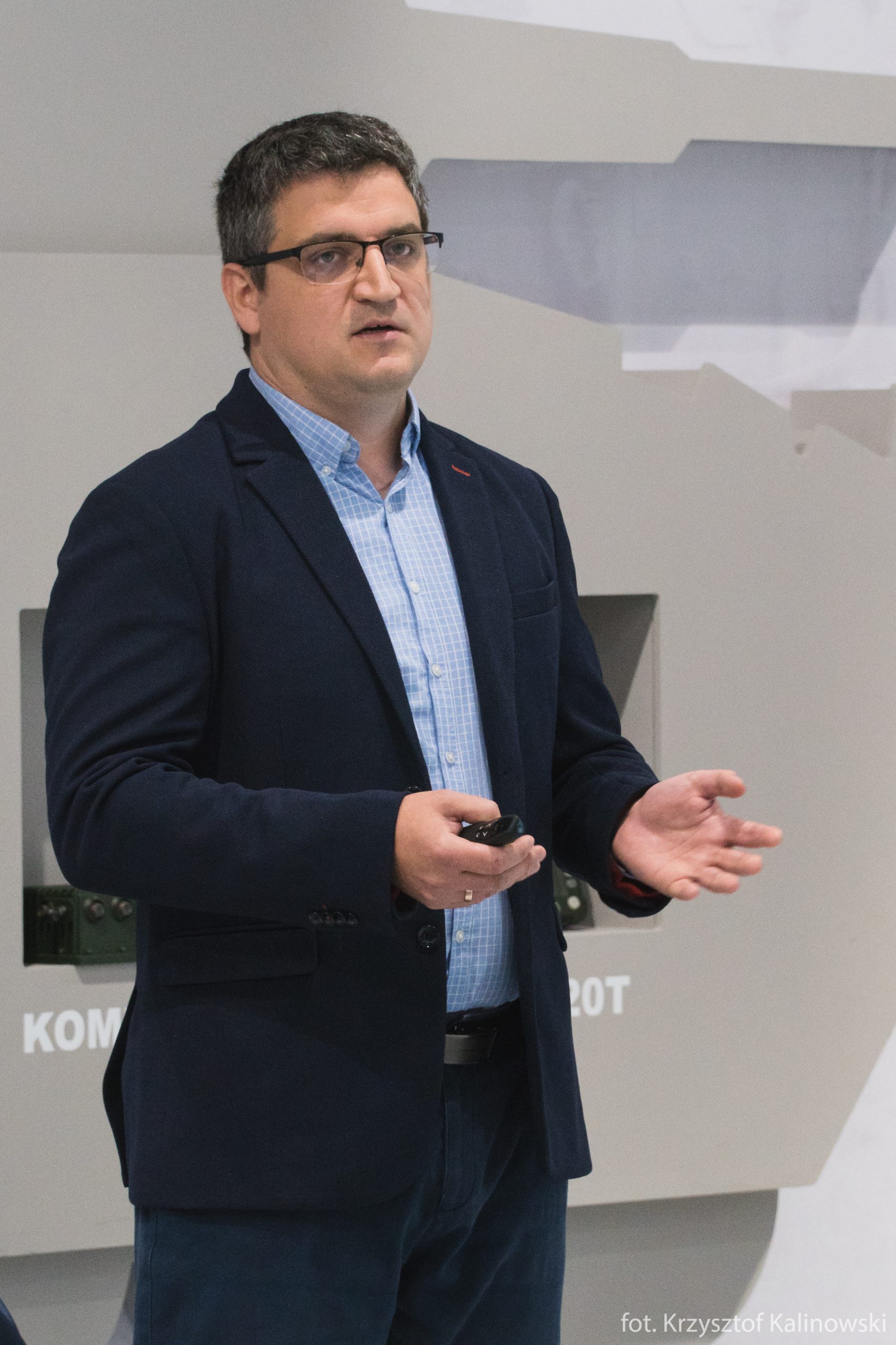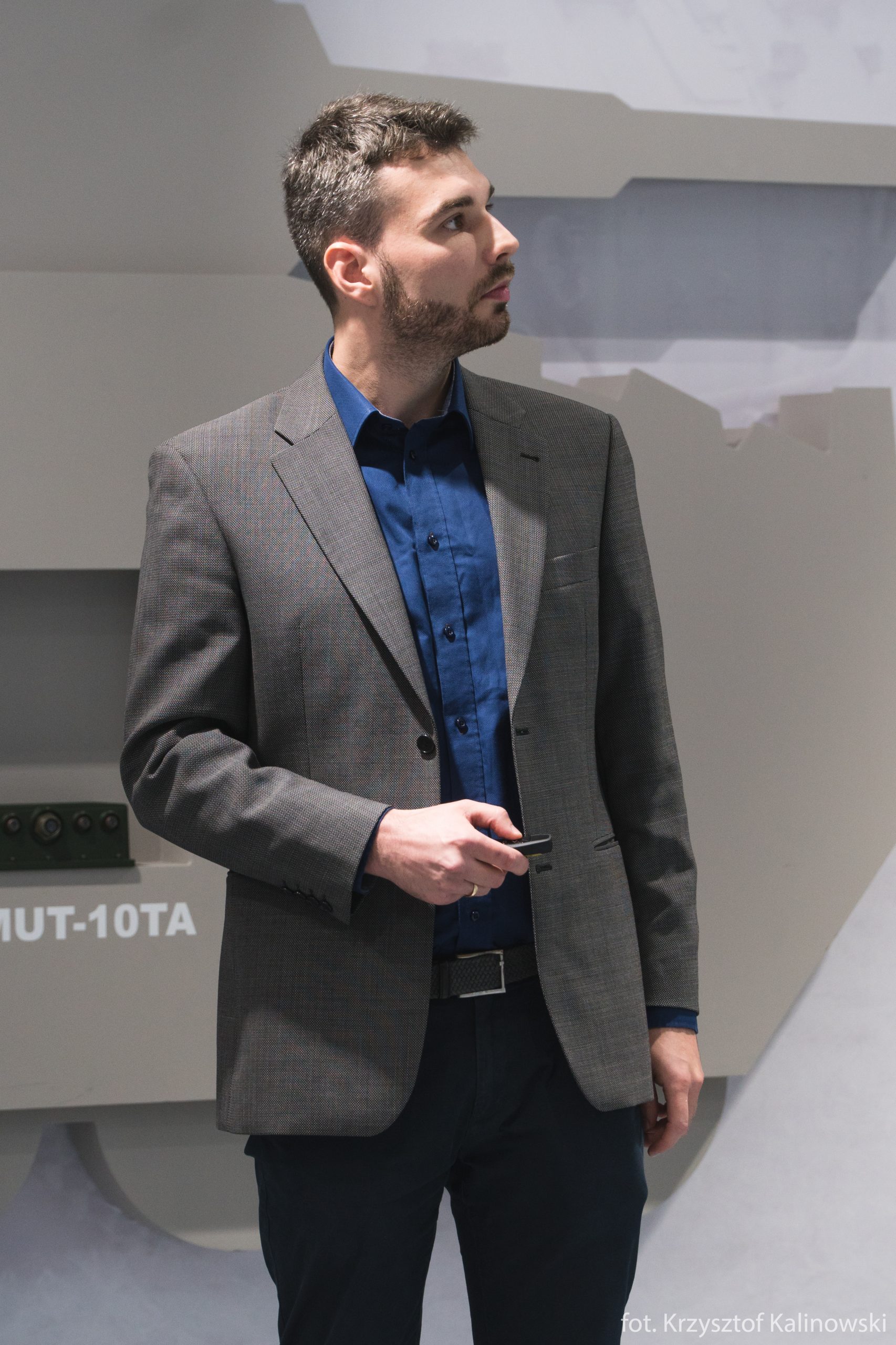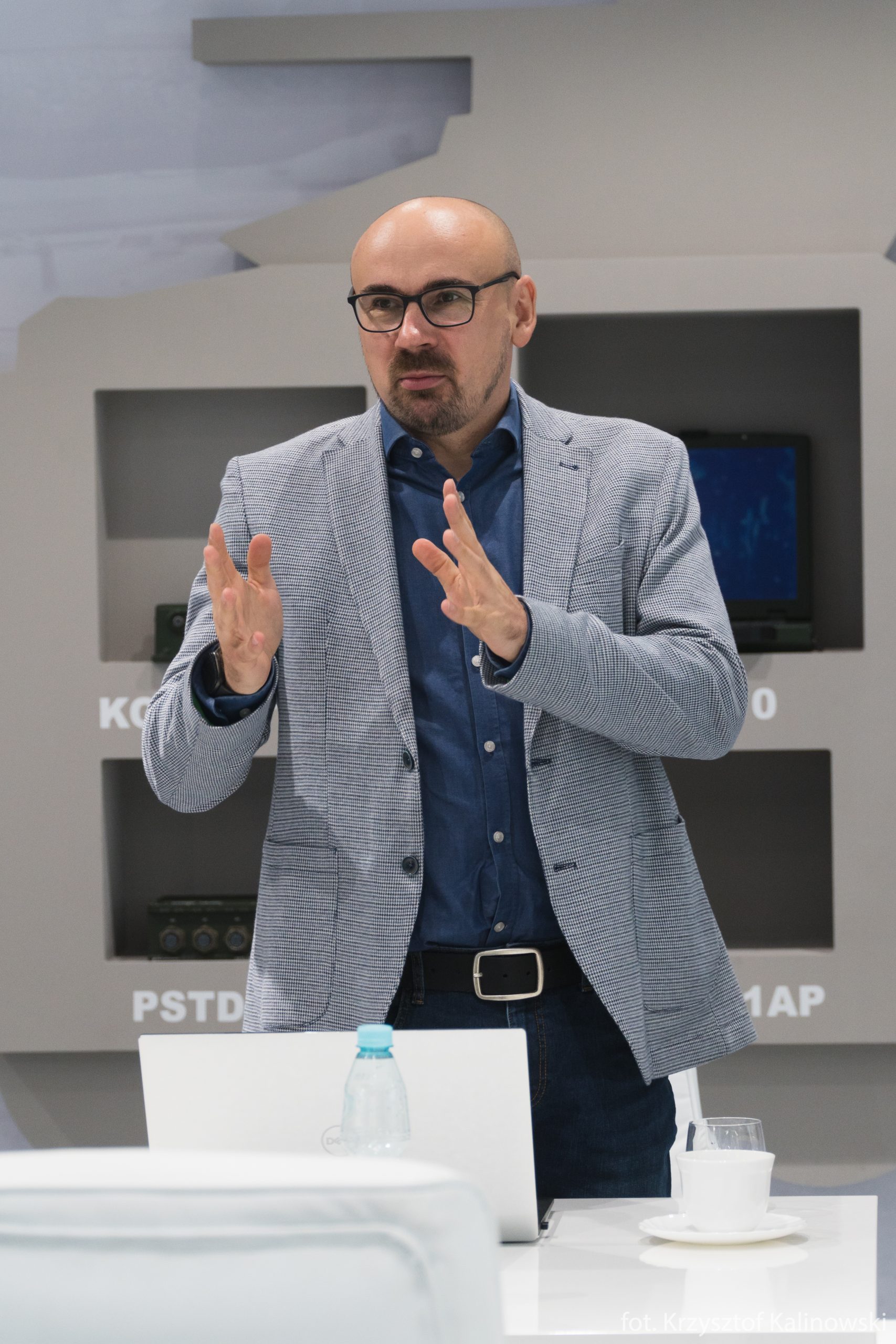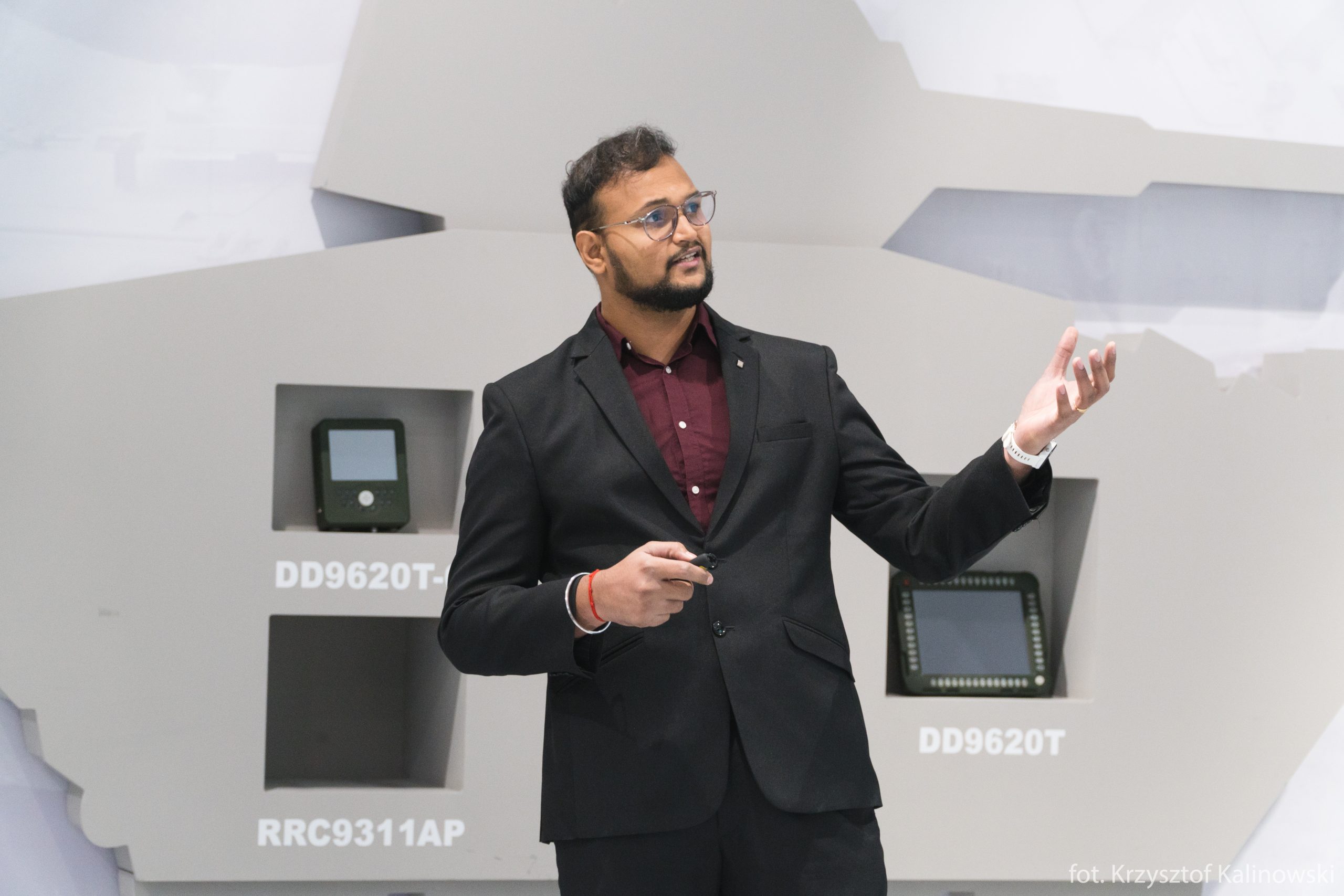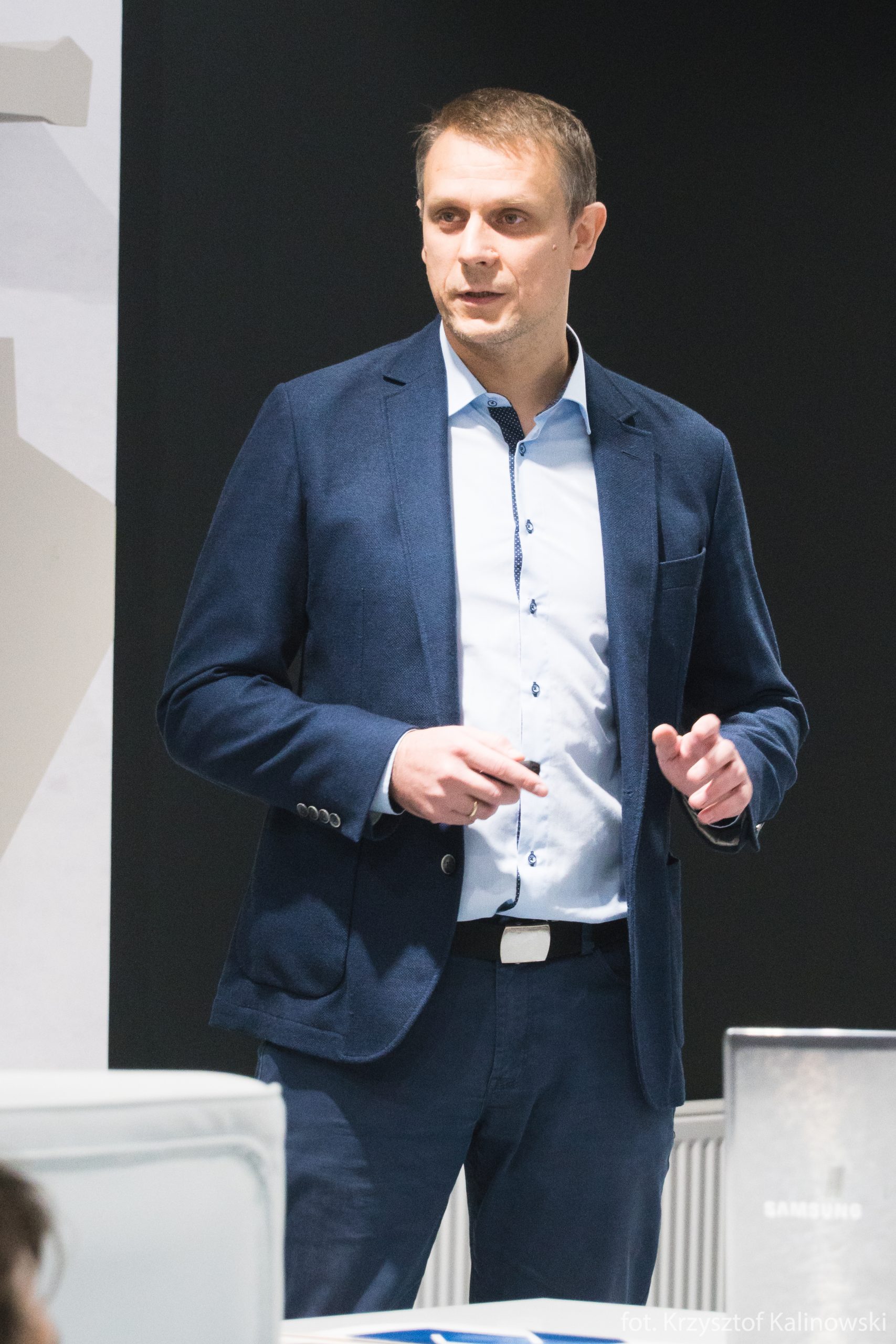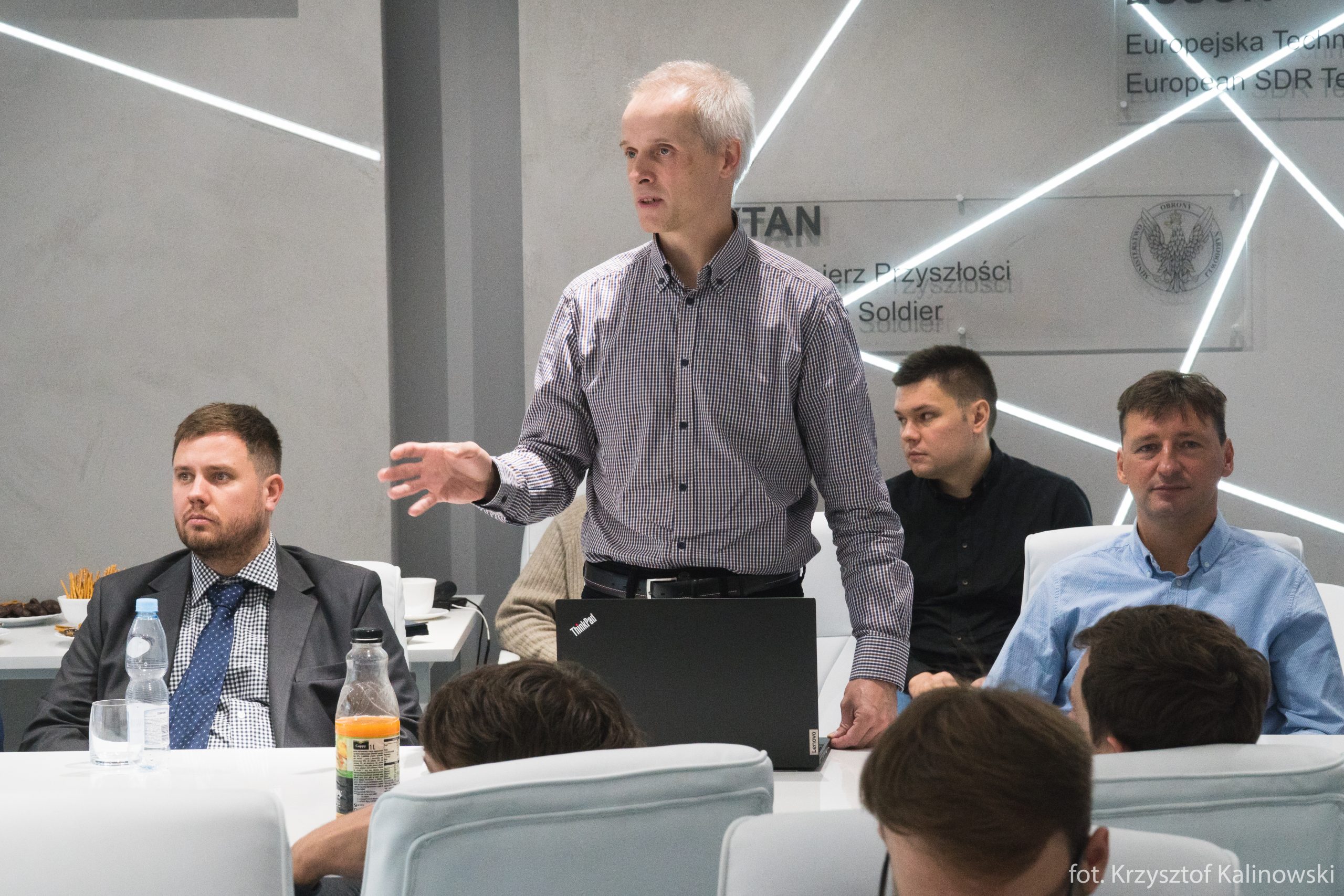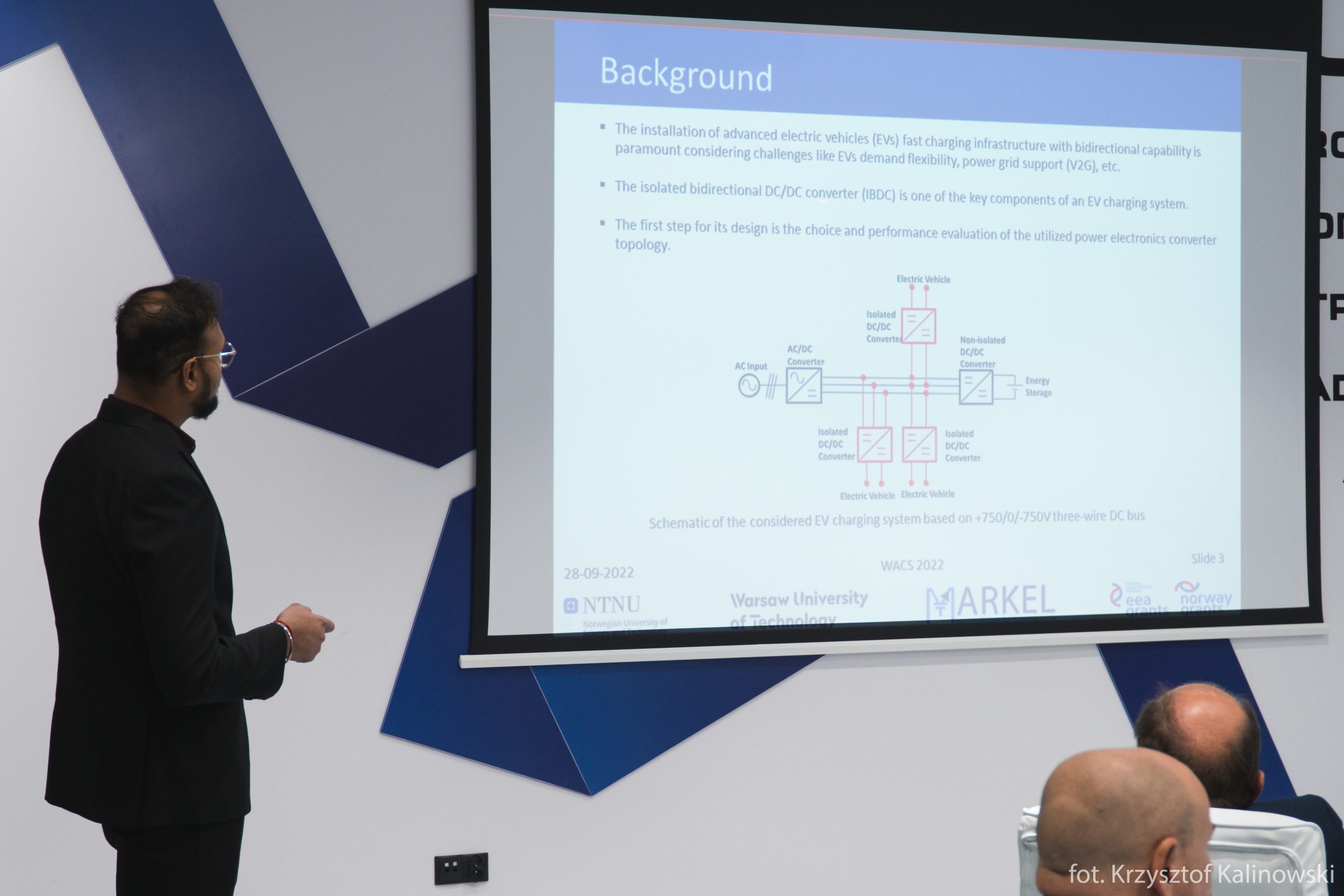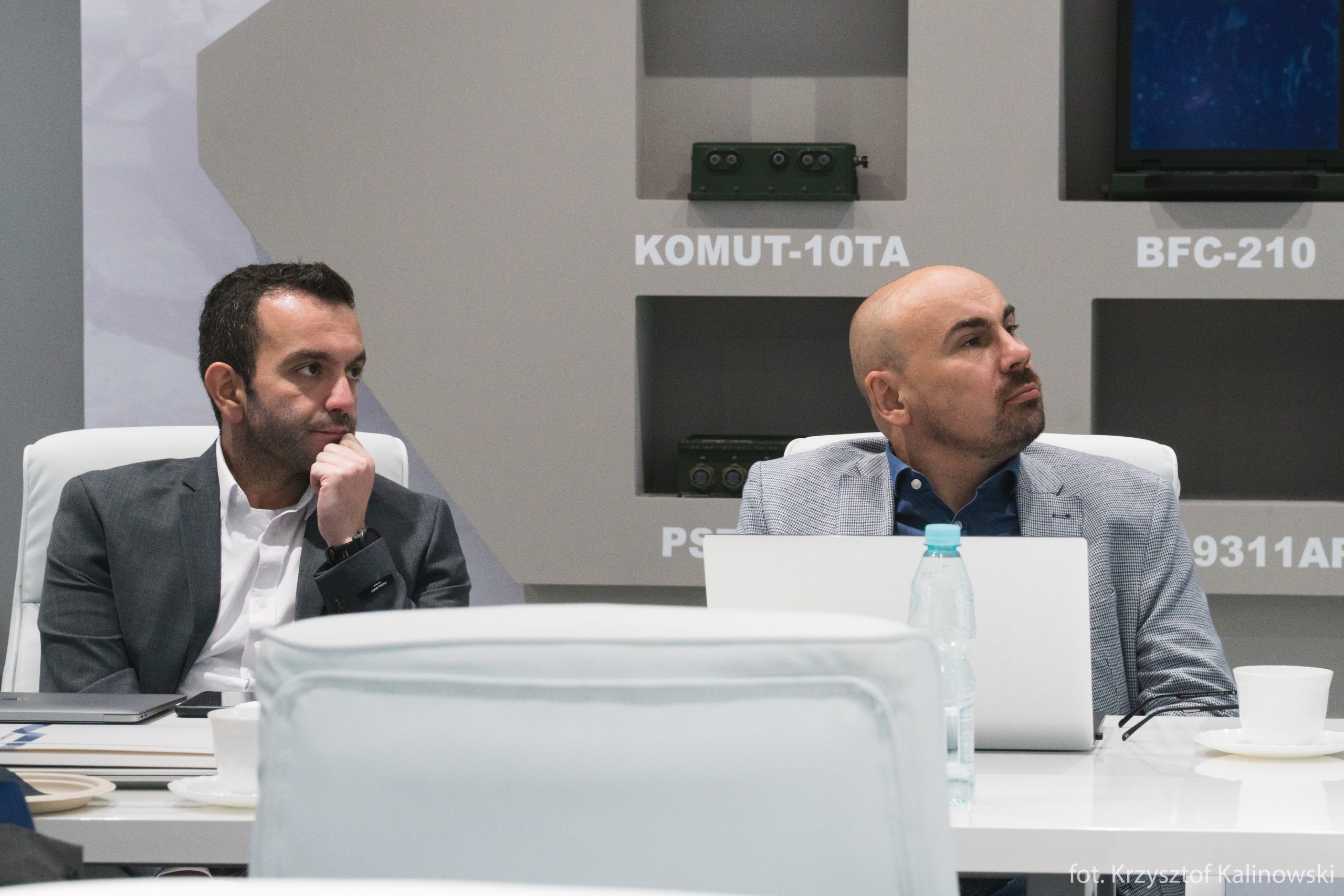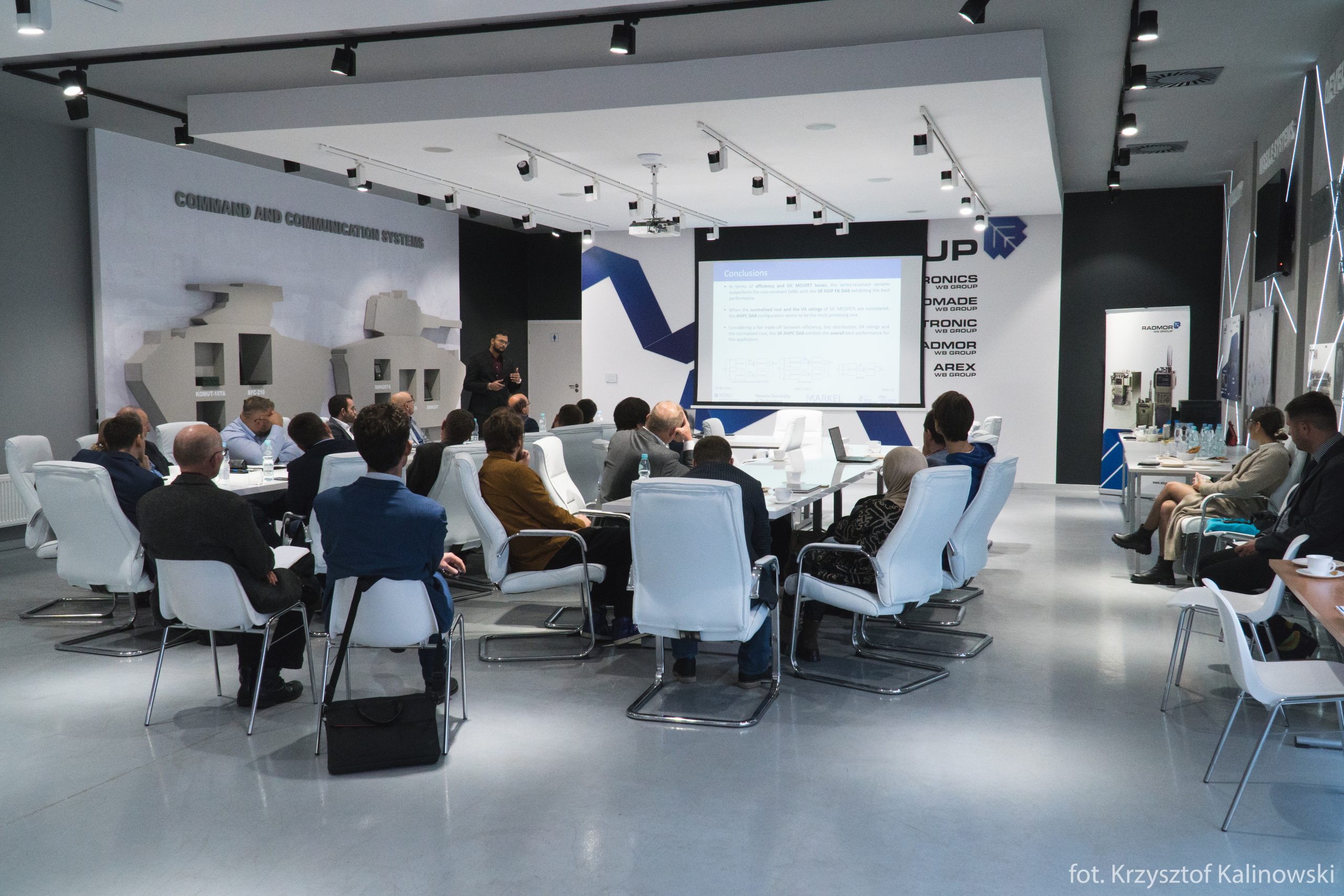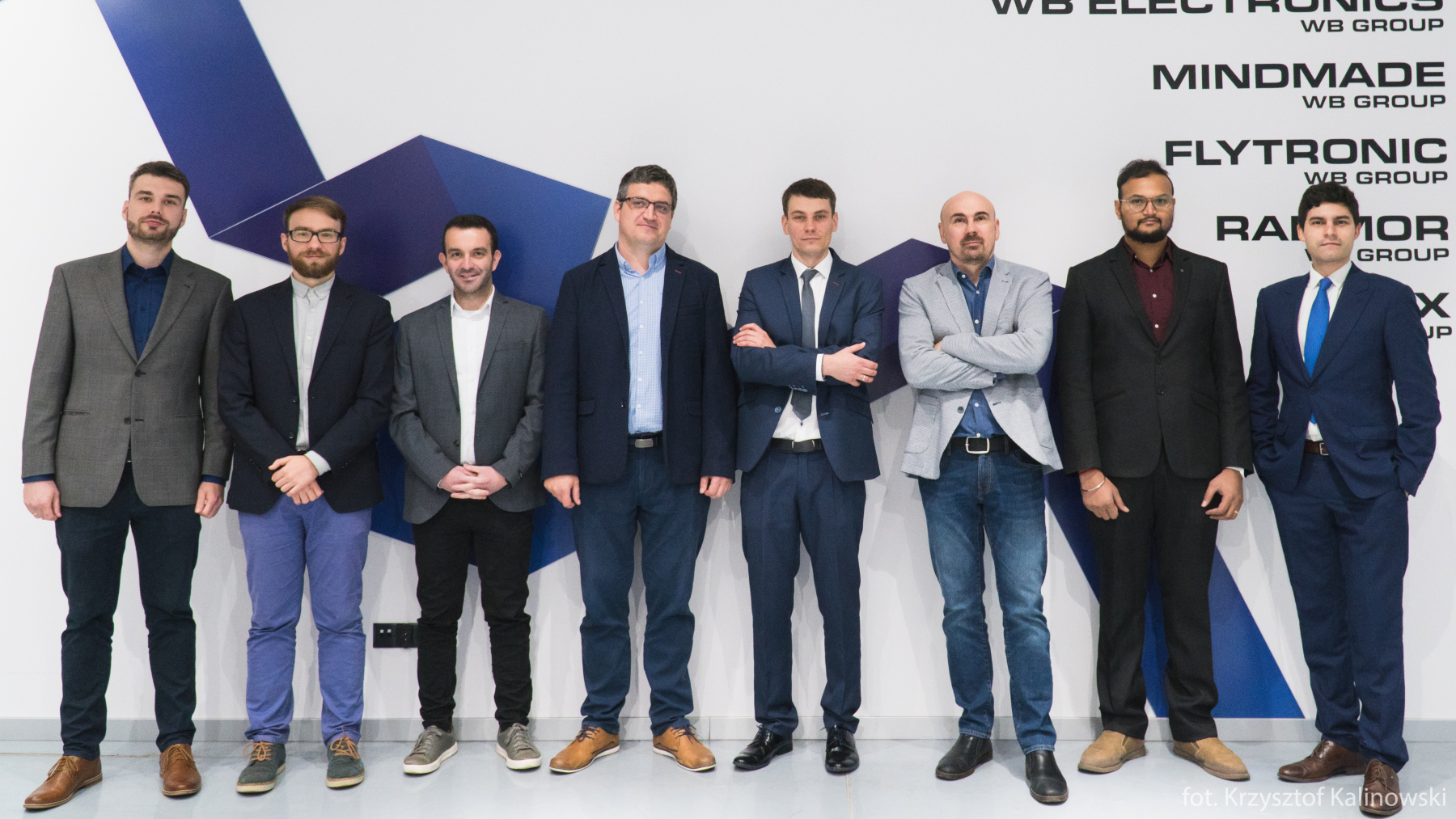28 September 2022, 10 AM Radmor S.A., / AREX Ltd 3 Hutnicza St., 81-212 Gdynia, Poland
The fast rise of the oil prices in the first months of 2022 is painful but can be a chance to speed up the change to electric vehicles as they become more competitive in terms of cost. With government support, the number of cars in countries like Poland is rising; however, still, the bottleneck is the lack of suitable charging infrastructure. There is no doubt that widely available and fast charging infrastructure is a key to the success of the e-mobility revolution.
Experiences from the field show in many cases that installation of the classical electrical vehicle chargers maybe not be enough. When the peak power of the charging system is higher than the available power of the connection point, we may need energy storage. The best solution is to take advantage of the used batteries, which do not fulfil automotive standards but can still be applied in less demanding applications. Another challenge is the rising voltage of the batteries to be charged; the internal DC links of the charging stations may also reach the medium voltage level or become bipolar. Moreover, the latest technologies, to mention Silicon Carbide power devices, are fast spreading in the EV chargers. Finally, to reduce the system cost and improve reliability, the modular approach is required.
Some of these issues are addressed in the project “Modularized, Reconfigurable and Bidirectional Charging Infrastructure for Electric Vehicles with Silicon Carbide Power Electronics (MoReSiC)”, conducted by teams from Warsaw University of Technology, Norwegian University of Science and Technology (NTNU) in Trondheim and Markel sp. z o.o. The first outcomes of the project will be presented and discussed during the workshop, but the presentations on the advanced charging systems from other research groups will also take place.
Plan of the workshop
| TIME | TITLE | PRESENTER |
| 10:00 | Welcome & opening of the workshop | Gerard Wiśniewski (AREX) |
| 10:05 | AREX company presentation | Oskar Kreft (AREX) |
| 10:20 | Modularized, Reconfigurable and Bidirectional Charging Infrastructure for Electric Vehicles with Silicon Carbide Power Electronics” (MoReSiC) – project overview | Jacek Rąbkowski (PW) |
| 10:40 | Decision algorithms in an intelligent energy storage management system | Paweł Mordawski (AREX) |
| 11:00 | System power management and energy storage sizing in EV charger | Krzysztof Kalinowski (PW) |
| 11:20 | Three-level ANPC converter at medium voltage – control scheme and experimental results | Michał Harasimczuk (PW) |
| 11:40 | Vienna rectifier as an input stage of the EV charger | Grzegorz Wrona (PW/Markel) |
| 12:20 | Performance Evaluation of SiC-based Isolated Bidirectional DC/DC Converters for Electric Vehicle Charging | Kaushik N. Kumar (NTNU) |
| 12:40 | Dual Active Module (DAM)- single stage, isolated, bidirectional, dual output AC/DC converter | Daniel Wojciechowski (AREX) |
| 13:00 | Series-resonant dual active bridge with ANPC submodules | Rafał Miskiewicz Przemysław Trochimiuk (PW) |
| 13:20 | Experiments with two series-resonant isolated DC-DC converters in ISOP configuration | Mariusz Zdanowski (PW/Markel) |
| 14:10 | Three-level interleaved non-isolated DC/DC converter for battery energy storage systems | Rafał Kopacz (PW) |
| 14:30 | SiC based interleaved DC-DC converter for the battery energy storage – first experiments | Radosław Sobieski (Markel) |
Video
Photos
